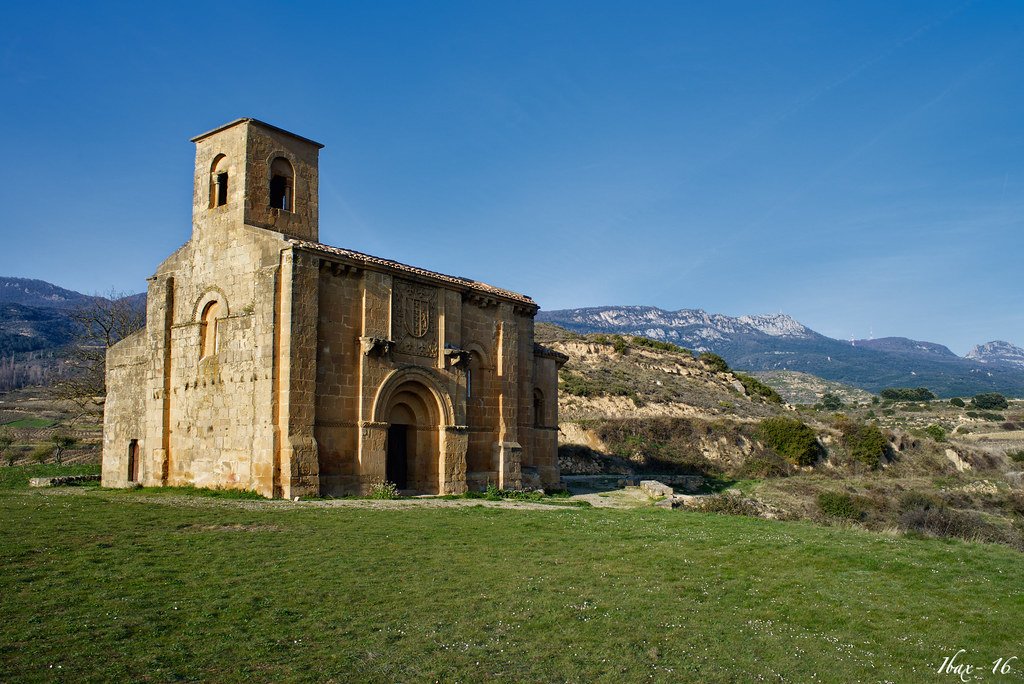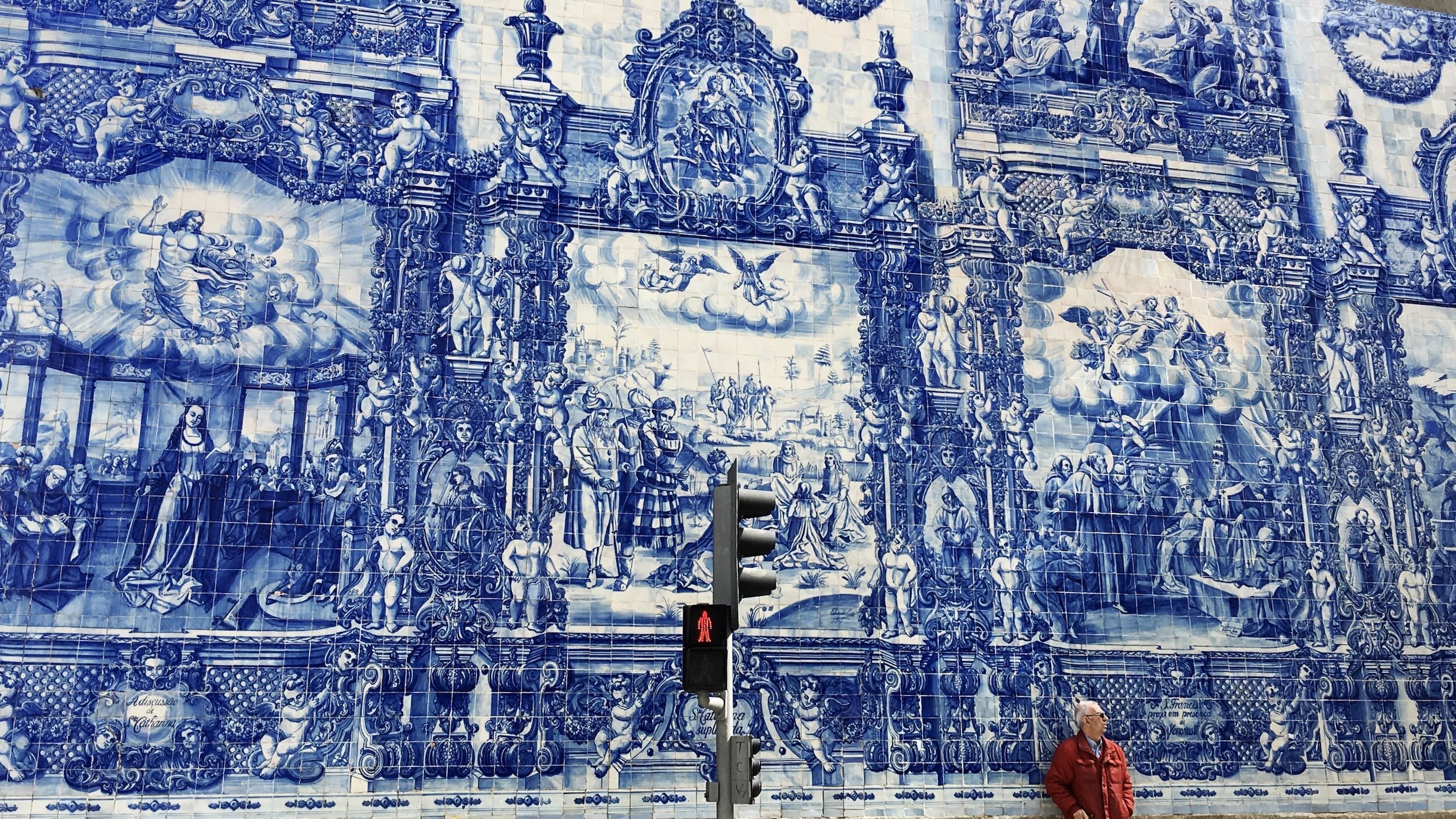
The Lisbon Earthquake | November 1st 1775
The Lisbon Earthquake, which struck on the 1st of November 1755, remains one of the deadliest and most impactful natural disasters in European history.

Pastel de Nata | The Pastry That Will Make You Want to Eat Portugal
If there’s one thing Portugal has gifted the world, it's the scrumptious, flaky, creamy, and absolutely irresistible Pastel de Nata!. This little custard tart is more than just a snack; it’s a hug for your taste buds, wrapped in buttery golden pastry, and has become synonymous with Portugal’s rich culinary heritage.

Rioja Wine Region | a bit of history & wine
Roman objects used for wine production have been found in Rioja. These containers were used for fermenting wine. Their presence confirms the production of wine in Rioja since ancient times. Subsequently it was the monasteries which would have an important role in the production of wine. There is an act by which the King of Navarre donated vineyards to the Monastery of San Millán de la Cogolla.

Porto Wine & the Douro Wine Region | a small history
The history of the Alto Douro vineyard in Portugal is very old. There is no shortage of archaeological discoveries and documentary references to testify to the cultural persistence of winemaking efforts from other eras. The remains of wine presses and wine vessels date back to at least the 3rd-4th centuries, all over the Douro region.

Tile History in Portugal |
The concept of tiles comes from ancient Egypt, but it was during the 8th and 9th century (with the Arab invasion and its influence in the Iberian Peninsula) that tiles first arrived in what is now known as Portugal. Hence, the Arab culture played a pivotal role in influencing Portugal's artistic heritage (its language, architecture, and culinary traditions) and tiles quickly became a feature of the country's architectural landscape.

Antão Vaz Grape Variety | Southern Portugal’s Gold
It is a wonderful thing that you can still find, today, the roman way of producing wine in Vila de Frades, Vidigueira, Portugal. That happens for a very specific reason... The amphora wine - roman wine or “vinho de talha” as is known in portuguese - being one of the features of Alentejo´s Wine Sub-Region of Vidigueira/weblink was only allowed to persist through many centuries, thanks to the success of the Antão Vaz grape variety.